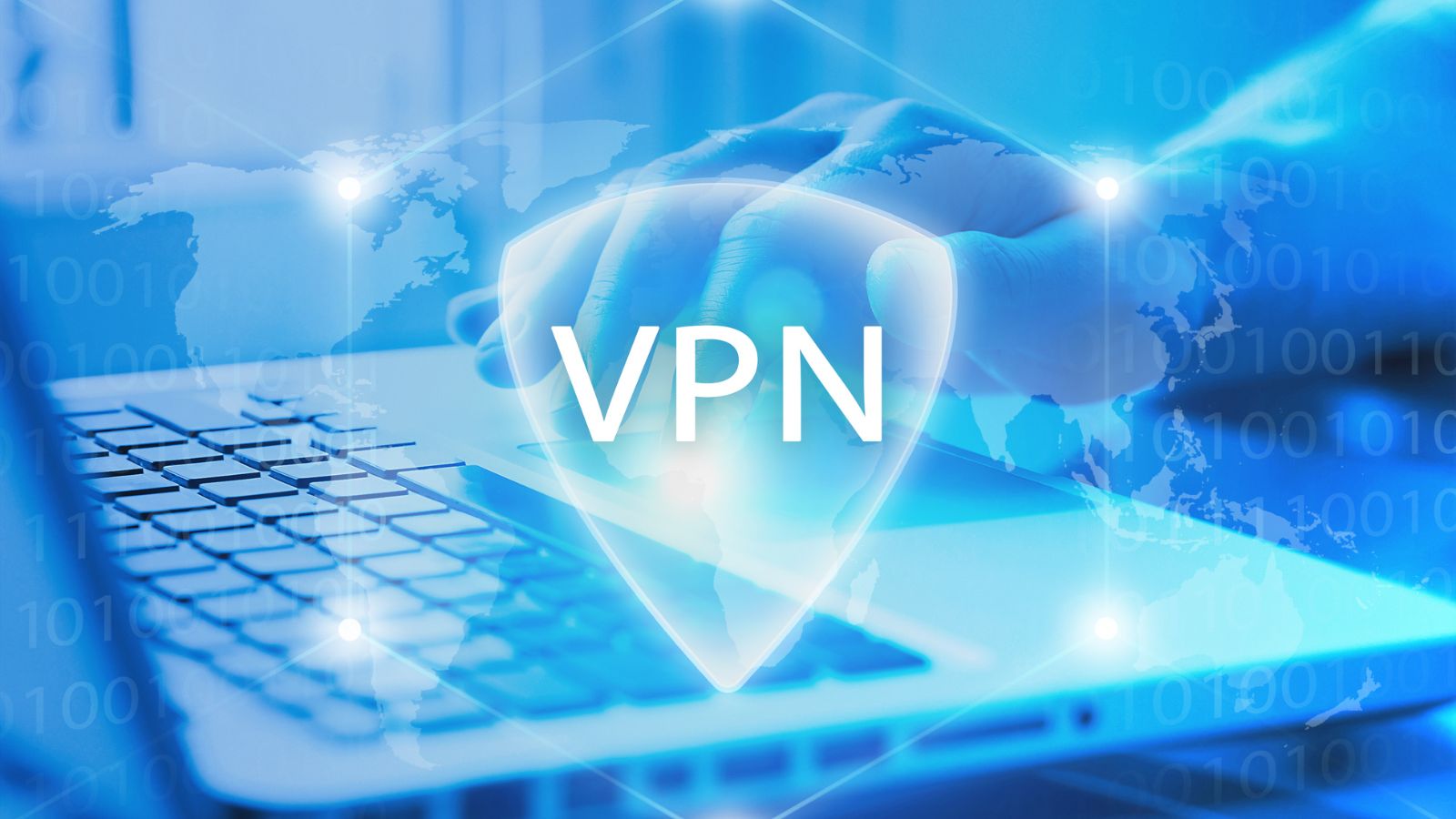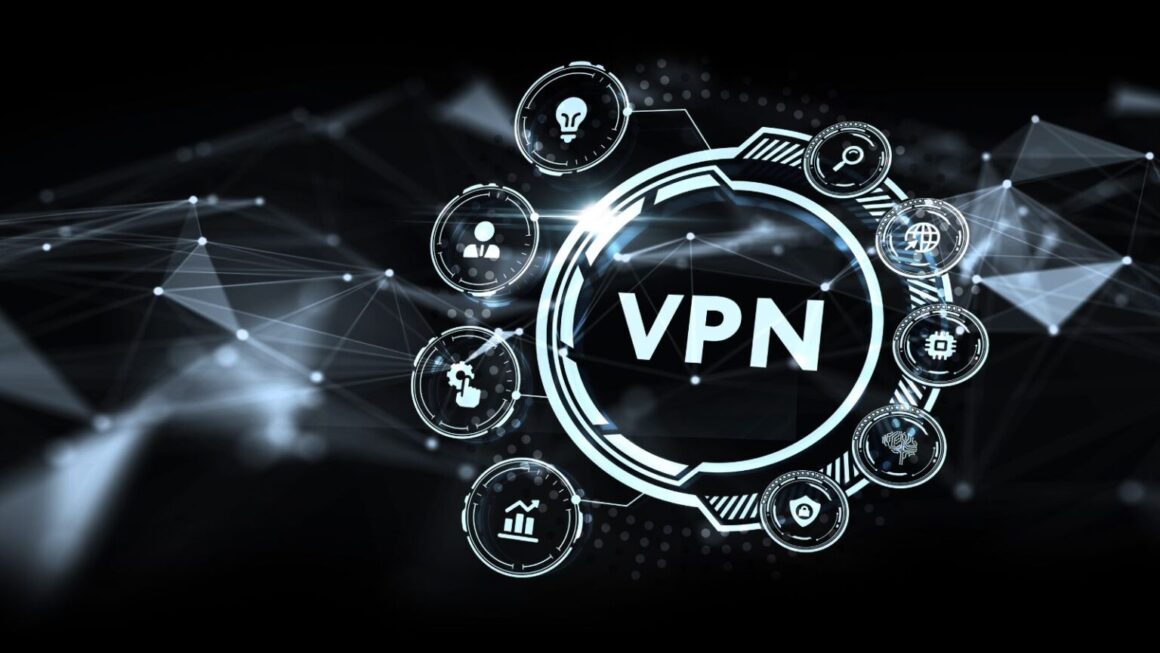While browsing the internet, you might have seen several ads talking about Virtual Private Networks (VPNs). They’re practically everywhere! But that’s to be expected. After all, it’s one of the best cybersecurity tools for retaining privacy and safeguarding your data online.
However, since VPNs are so widely talked about and used by almost every internet user, many malicious individuals are taking advantage of this to create and offer fake ones. Instead of protecting your data, these VPNs aim to do the opposite. And unfortunately, many people have already fallen victim to these scams.
Don’t worry, though. This article will help you identify and protect yourself from VPN imposters so you won’t become the next victim.
What Are VPN Imposters?
VPN imposters are fraudulent services that exploit your desire for increased privacy online and offer a product that collects information about your digital footprint. These impostors can present their scams in several ways, with the most common one mimicking a legitimate VPN website and copying it down to the smallest details.
In addition to cloned websites, VPN imposters can pose as mobile applications, use social media ads, or be included in bundled downloads of sketchy software.
Whatever method they use to lure you into downloading their services, the goal is always the same: to deceive you into trusting their service. Once you’ve downloaded a fake VPN, it can break your privacy, security, and anonymity, leaving you open to attacks online.
Sometimes, they’ll even go as far as injecting spyware to steal and sell your browsing data to third parties without consent.

Common Signs of Fraudulent VPNs
To dodge fraudulent VPNs, you must understand their warning signs. Luckily, many of the red flags are not hard to notice, as these VPN imposters usually rely on instances where potential victims won’t take a closer look at their sketchy platforms. Don’t be the careless one and pay close attention to these red flags:
Misleading and exaggerated claims
Fraudsters often go for the desperate hard sell. So, watch out for claims like “one-time payment, lifetime access,” “100% anonymity,” and more. These expressions may sound appealing, but if even legitimate VPNs don’t make such promises, there’s no way an unknown or unestablished VPN can guarantee them.
Being skeptical of such claims is a good habit to practice, so use it even when buying other cybersecurity tools, like password managers or firewalls.
Lack of transparency
Legitimate VPN providers will display crucial information on their websites in an easily accessible way, including company details such as ownership and headquarters locations. There should also be a page outlining their privacy policy. You should stay away from any VPN service that doesn’t provide this information.
Untrustworthy privacy policies
Even when you find the privacy policies section, scan it for inconsistencies or vague statements about data logging. For example, it might state, “We may collect some information to improve user experience,” but don’t specify what information it’ll collect. This is enough to be a solid red flag and a reason not to trust services making such statements.
Ways to Protect Yourself From VPN Imposters
If a VPN provider passes all three red flags mentioned above, don’t take it as a sign you can instantly purchase their services. Some VPN imposters have spent enough time on the internet to make themselves appear legit. So, don’t rush and do extra research on it.

Since a provider can fabricate reviews, don’t trust the ones placed on platforms they control. Instead, check out independent review sites and tech forums for a more accurate scoop. If the reviews still don’t give a clear answer, see if a VPN provider has undergone trusted independent audits. Reputable auditors can confirm the provider’s legitimacy and determine if it has any flaws.
Where do you read these audits? Oftentimes, technology-focused news platforms cover them. You can find summaries and links to the full reports there as well. In some cases, these audits might also be posted on the same forums where you read the reviews.
Another step you can take to ensure the legitimacy of a VPN is to confirm whether it has strong encryption protocols in place. One example is searching whether it uses the industry-standard Advanced Encryption Standard with 256-bit keys, better known as AES-256. This encryption protocol is practically unbreakable by current technology and is widely recognized for its strength.
Finally, exercise caution when testing free trials. Avoid VPNs that request unnecessary permissions or demand credit card details for a so-called “free” trial. These can be red flags for potential fraud. Always read the terms of free trials and prioritize testing out trusted providers with transparent trial policies, like this American VPN.
Don’t Let Fake VPNs Fool You
Although confirming the authenticity of a VPN provider may seem tedious and challenging, failing to do so could be disastrous. Before clicking that install button, you should definitely take some time to evaluate the validity of any VPN software program.
Examine reviews, learn the indicators of a safe VPN, and become familiar with the relevant protocols. This will lower your chance of falling victim to VPN imposters.



